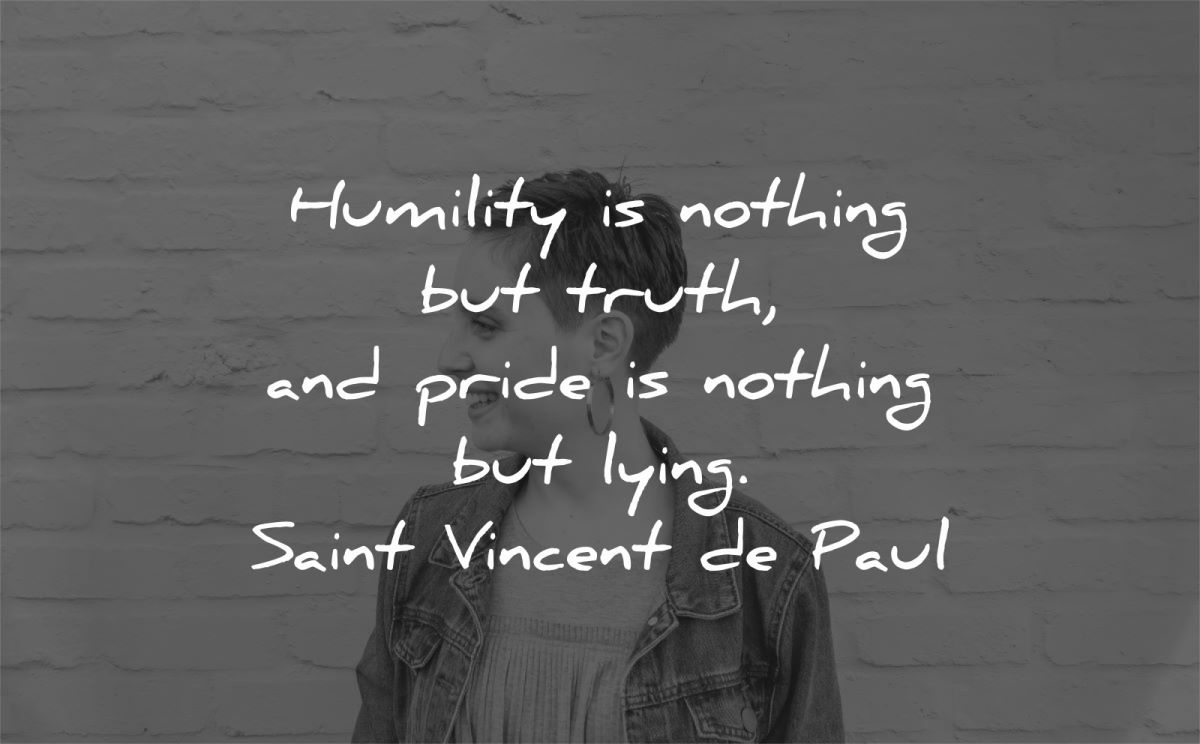Was he criticizing the politicians to cheer up the people who were tired of corona virus? Even if no kings or presidents have given their lives for the people, many leaders in society have done so. However, the writer is disappointed with what some politicians are doing these days and remembers well the lyrics which Na Hoon-ah addresses to Socrates his brother: "Why is the world like this, why is it so hard?"
Not just a few people are saying life is difficult and it is not only because of the corona virus. The economy is dark and politics stifling. Do we have any political leaders that can bring relief? Political leaders should take care of the people, and people should be concerned about them.
Anyone can be a leader, and in some ways, everyone is a leader. They serve as leaders in the home, in church, and in the workplace. Aside from ability, what attitude should a leader have in terms of personality? The behavior of some political leaders deserves to be taken as an example of what not to do. Let us look at some of these ways of acting.
First, do not listen to others. Everybody has some strengths and weaknesses. See what you want to see and hear what you want to hear. Do you know stubbornness is a driving force? There is no way to communicate just by only expressing your thoughts. When the disagreement worsens, the people become indifferent or give up. Only by acknowledging the other person will we be acknowledged.
Second, do not apologize for making mistakes. If we admit our faults, will we be strategically intimidated because the faults will increase? Is there no courage? They try to ignore embarrassing situations or try to hide them. Shouldn't we give the people a chance to forgive? A leader who cannot apologize is a weak man who does not know how to repent.
Third, blame others. Responsibility for misconduct is passed on to a predecessor or others. Turn the displeasure of people's grief towards others to hide their own faults. It's a trick that puts framing on the other side. I may escape criticism by using deception, but will I be able to escape guilt? You must beat your heart and repent. "It's my fault. It's my fault. It is my most grievous fault."
Fourth, they are proud of their obvious lies. They do it over and over again. When you say you're lying, they show surprise and raise their voice. They must believe that if they persist people will eventually believe them. When evidence of lies is revealed, it's passed off as a way of speech. This cannot be done without looking down on the people. Lies destroy faith. People follow only leaders who garner trust.
Finally, they only look at their own side. The leader must be the leader of everyone. Not the head of a specific group. The phenomenon of a politician's 'fandom' becomes important. They show off their strength by leaning on the crowd that follows them unconditionally, showing only the smallness of the leader. Don't cater to those who support you, but say the truth at all times, is that not the attitude of a great leader? "Thank you for loving me. Please love all the others too".
These faults will not be easily revealed if people are respected and served. These mistakes are made by those who look down on the people and keep their neck stiff. "Power comes from humility." These are the words of Pope Francis. Jesus is a humble leader who gave his life to serve humans. Should not the leader of the people hope to be a "humble servant"? The writer in conclusion admits his embarrassment in writing what he did.
